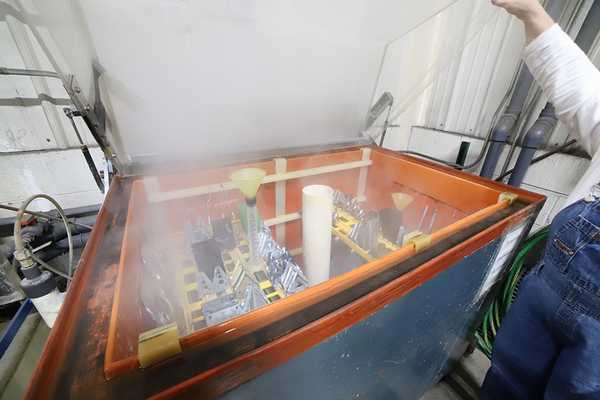- Qinsun Instruments Co., Ltd.
- Tell:+86-21-6780 0179
- Phone:+86-17740808215
- Address:No. 2578 Minhang District Gu Dai Road, Shanghai
- Contact:Mr. Li
- QQ:846490659
Selection of Light Incubator

A light incubator is a device used for experiments such as plant tissue culture, seed germination, and microbial culture. When choosing a light incubator, the following key factors need to be considered.
1. Size and capacity:
Firstly, it is necessary to determine the number and size of samples to be cultured in order to select the appropriate incubator size. Ensure that there is sufficient space inside the incubator to accommodate the culture container and samples.
2. Lighting conditions:
Select appropriate lighting conditions according to experimental requirements. Light incubators typically provide different settings for light intensity, wavelength, and duration. Consider the required light spectrum (such as white light, red light, blue light, etc.) and the adjustability of light intensity.
3. Temperature control:
The temperature control function that the light incubator should have to provide a suitable growth environment. Choose a temperature range that meets the experimental requirements and ensure the stability and uniformity of temperature control.
4. Humidity control:
Some experiments may require controlling the humidity inside the incubator. If you need to maintain a specific humidity level, choose an incubator with humidity control function.
5. Gas control:
Some incubators can provide gas control functions, such as carbon dioxide concentration control. If the experiment requires a specific gas environment, ensure that the selected incubator has the corresponding gas control capability.
6. Control system:
The control system of the light incubator should be simple and easy to use, capable of setting and monitoring parameters such as light, temperature, and humidity. Consider a incubator with programming and data recording functions to better manage and analyze experimental data.
7. Security features:
Choose a incubator with safety features, such as overheating protection, leakage protection, and door locks. These functions can ensure the safety of users and prevent equipment malfunctions or unexpected situations from occurring.
8. Brand and after-sales service:
Choosing the appropriate brand of lighting incubator can improve the quality and reliability of the equipment. At the same time, understand the brand's after-sales service and technical support to ensure timely assistance and maintenance during use.
9. Price and budget:
The price of a light incubator varies depending on its function and specifications. Choose a cost-effective incubator based on experimental requirements and budget.





